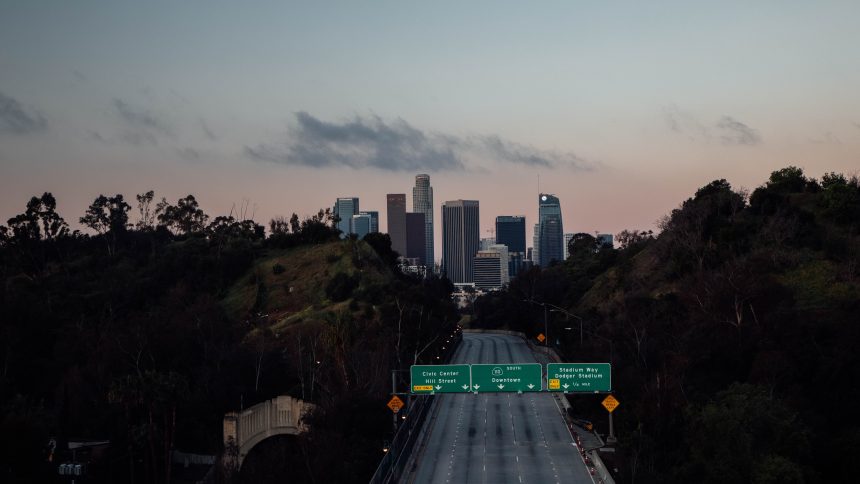A post by Ilaria Conti, Head of FSR Gas
The COVID-19 pandemic that the whole world is experiencing is unprecedented and so are the consequences that the economy will have to face in the crisis aftermath. But what we’re also witnessing is a re-shaping of the world as we knew it, because with its devastating impact on most of the productive sectors, on transport, on environment, on finance and social habits, the COVID-19 crisis is acting as a stopper or an accelerator of several pre-existing trends and issues.
What will be the impact on gas markets? Which trends and which markets will re-surface even stronger after the crisis and why? Will oil and gas companies, already challenged by low gas prices before the crisis, be definitely killed by the Corona virus? Will all of this translate into better or worse opportunities to meet the climate targets?
Taking a look back to the pre-crisis days, European gas markets were already in a situation of oversupply: the warm winter, the increasing share of RES-generated electricity at zero cost in most sectors, and the abundance of LNG supplies (particularly from the US) was already bringing EU gas prices along a downward trajectory.
The pandemic breakout has certainly accelerated this trend: the stop to most productive activities, transport and the consequent economic recession worsened the situation of oversupply pushing gas market prices further down. The new IEA Report, focusing on the COVID-19 impact on energy demand and CO2 emissions, estimates an increase of underground storage inventories in Europe of about 40%, to reach 80% above the five-year average.
A key question is whether this situation will permanently alter the role of gas in the energy sector and lead to irreversible changes. On this question, there’s no agreement among the experts.
Some of them acknowledge the peak of fossil fuel demand and bet on 2019 to be remembered as the historical peak year for carbon emissions. Others believe that the fossil fuel industry will bounce back as it always has, and that, on the contrary, the record-low oil and gas prices will slow the much-needed transition to green energy.
Evidently, the impact that the Corona virus crisis has had on the EU Emissions Trading Scheme cannot be neglected: when the CO2 price dropped down till 14,34 euro/ton in April (lowest since November 2018), many feared that the ETS patient would have had really few chances to survive COVID-19. Things are slowly improving now and carbon price has reached back 21,32 euro/ton as of May 21st; signs are encouraging but, nevertheless, the next few weeks will be key to understand whether coal might win back a competitive advantage over gas and overall slow down low-carbon investments (for instance, it might play against hydrogen to be produced via CCS technology) or not.
The script of the energy future will be drafted by Governments all across the world – which, in the crisis immediate aftermath, will need to implement a number of stimulus packages in order to boost the economy and avoid a Depression. Which investments they’ll prioritise, which technologies they’ll bet on, which vision they’ll choose to stick to – will be the real game-changers to accelerate, slow down or shape the energy transition.
As FSR experts suggest in a recent Policy note, economic and environmental objectives can go hand-by-hand: “Major efforts are being undertaken to develop new technologies based on hydrogen and carbon capture, use and storage, for example. Such investments can create the jobs we need in the post-Covid-19 era, and allow to realise the European Green Deal objectives at the same time.”.
To conclude with IEA’s Fatih Birol’s warning: “This situation is a test of governments and companies’ commitment to clean energy transition […] They have a historic opportunity today to steer those investments onto a more sustainable path”.
This is an edited version of a post published on the website of the Florence School of Regulation.
The views and opinions expressed in this post are solely those of the author(s) and do not reflect those of the editors of the blog of the project LIFE DICET.

